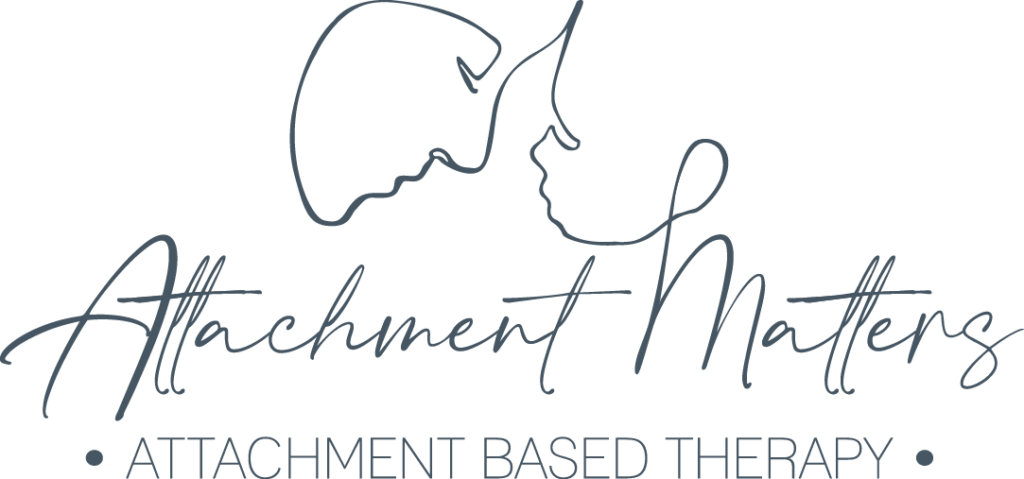If you’re struggling in your personal or professional life, attachment-based therapy may be the answer for you. This type of therapy is based on the idea that our early attachments with caregivers play a critical role in our development and future relationships. Thus, it can provide relief for people who have experienced trauma, loss, or deprivation in their lives. In this article, we will explore what attachment-based therapy is, how it works, and some of the benefits it can offer.
Contents
Understanding Attachment-based Therapy
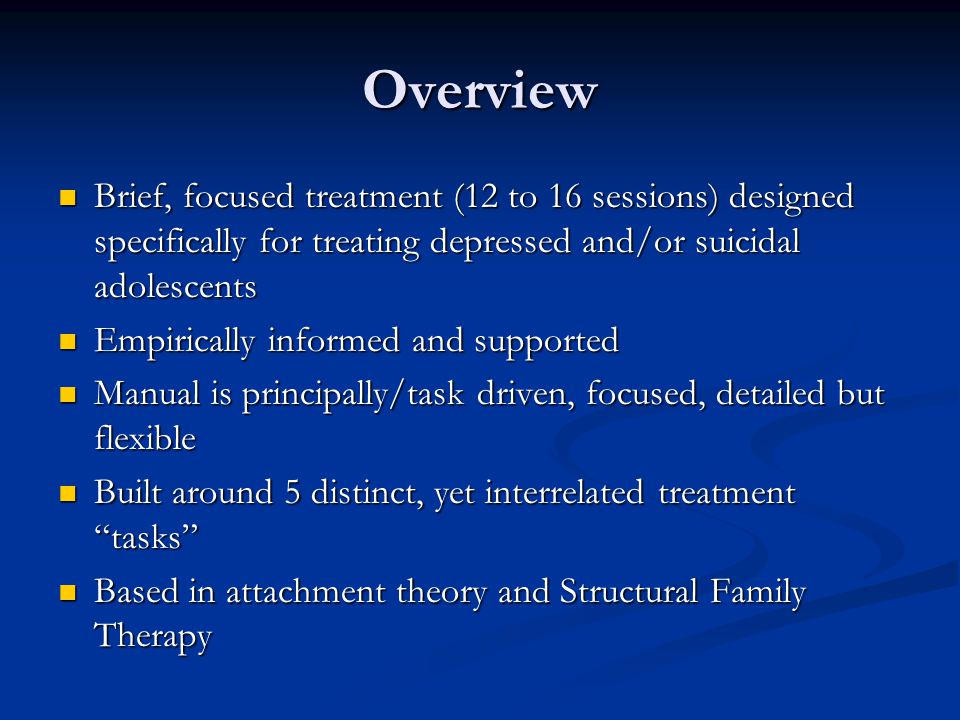
Attachment-based therapy is a type of psychotherapy that focuses on helping people develop healthier attachments with others. Thus, the goal of this therapy is to help people feel more secure in their relationships. And to improve their ability to connect with others.
Types of Attachment-based Therapy
There are different types of attachment-based therapies. But all of them share a focus on helping people develop healthier attachments.
- Mentalization-based therapy: This type of therapy focuses on helping people understand and make sense of their own emotions and the emotions of others.
- Relational psychotherapy: This type of therapy focuses on helping people develop healthier relationships with others.
Theory Behind Attachment-Based Therapy
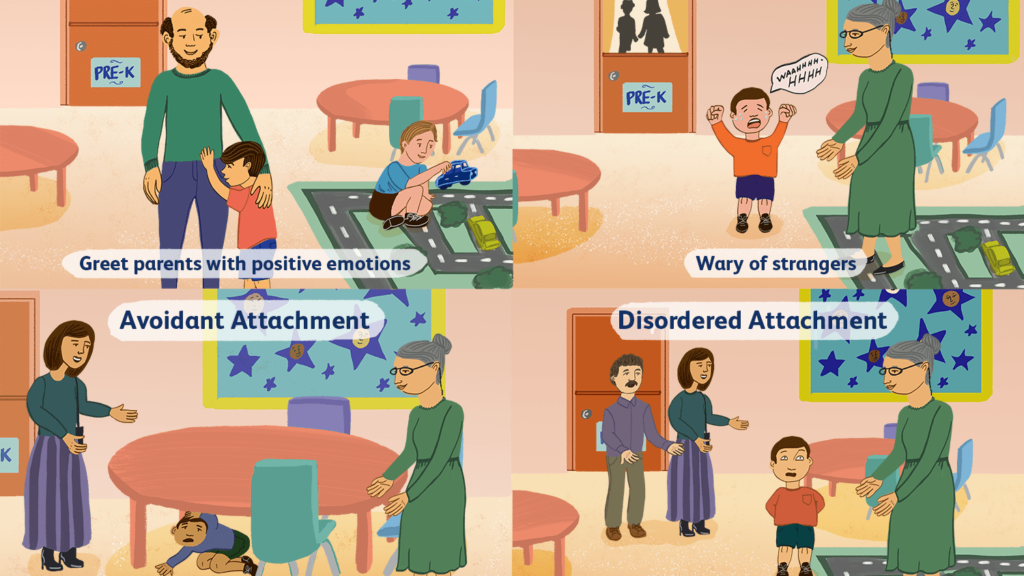
Attachment-based therapy is based on the theory of attachment. The theory of attachment states that people are born with the need to be close to others. This need is met by forming attachments with others.
The theory of attachment also states that people have different types of attachments. Some people have secure attachments; while others have insecure attachments.
- Secure Attachment: People with secure attachments feel safe and secure in their relationships. Consequently, they feel like they can rely on their attachment figures to be there for them when they need them.
- Insecure Attachment: People with insecure attachments are not as safe and secure in their relationships. As a result, they often feel like they have to be constantly on guard. Because they are not sure if their attachment figure will be there for them when they need them.
History And Development
This therapy was developed in the 1980s by John Bowlby and Mary Ainsworth.
- John Bowlby: He was a psychoanalyst who studied the effects of early relationships on children. He developed the theory of attachment, which states that people are born with the need to be close to others.
- Mary Ainsworth: She was a psychologist who studied attachment in infants. She developed the Strange Situation Test, which is used to assess attachment in infants.
Unfolding Attachment-based Therapy
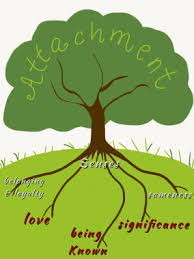
Attachment-based therapy typically consists of three phases. For instance, phase:
- One: The therapist establishes a trusting relationship with the client.
- Two: The therapist helps the client explore their attachments.
- Three: The therapist helps the client resolve their attachments.
Who Can It Help
Attachment-based therapy can help people who have attachment issues. Moreover, it can also help people who have anxiety, depression, or other mental health problems. It can help people of all ages.
How Does It Work
Attachment-based therapy works by helping people develop healthier attachments with others. The therapist helps the client explore their relationships and teaches them how to resolve their attachments.
Techniques Used In Attachment-based Therapy
Many different techniques can be used in this therapy. However, some of the most common techniques include:
- Therapeutic conversations: The therapist discusses the client’s relationships with others and helps them understand their attachments.
- Relaxation exercises: The therapist helps the client relax and feel safe.
- Imagery: The therapist uses images to help the client explore their attachments.
Evaluating Attachment-based Therapy
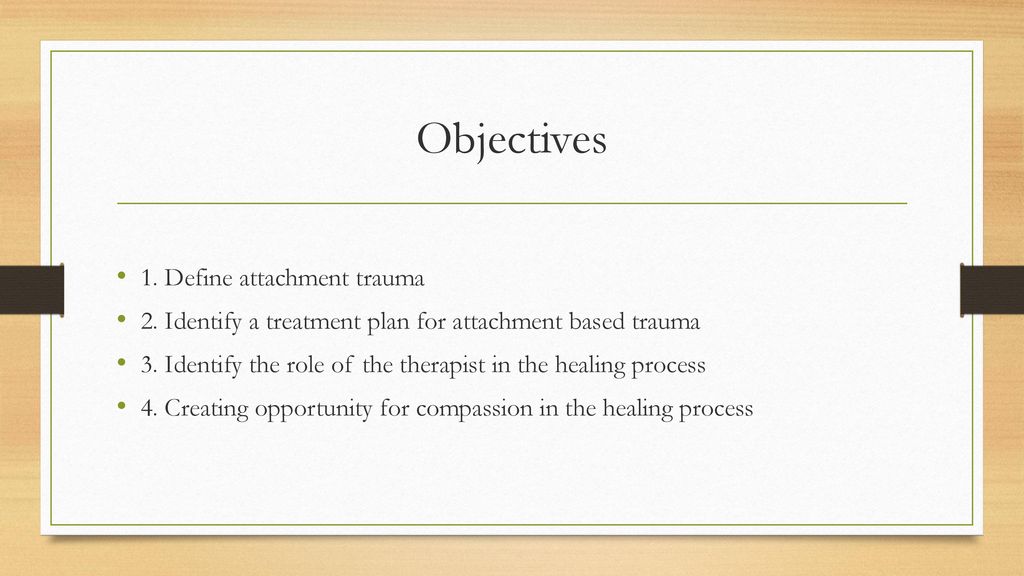
There is not a lot of research on this therapy. So it is difficult to say definitively whether or not it is effective. However, some studies have found that this therapy is generally considered to be a very effective treatment for attachment disorders.
Benefits of Attachment-based Therapy
This therapy has several benefits. For instance, it can help people:
- resolve their attachments.
- develop healthier relationships with others.
- understand and make sense of their own emotions.
Limitations of Attachment-based Therapy
There are some limitations to this therapy. For instance:
- it can be expensive.
- can be time-consuming.
Why Consider It
If you are struggling with your relationships or have problems with communication, attachment-based therapy may be a good option for you. As it can help you resolve their attachments and develop healthier relationships with others.
Finding a Therapist
If you are interested in trying attachment-based therapy, the best thing to do is find a therapist who specializes in it.
How To Find One
There are a few ways to find a therapist who specializes in this therapy. For instance:
- Ask your doctor for a referral.
- Search online for “attachment-based therapists” or “therapists who specialize in attachment disorders”.
What To Look Out For
When looking for a therapist who specializes in this therapy, there are a few things you should look out for. However, some of the most important things to look for include:
- training and experience with attachment-based therapy.
- approach to therapy.
- therapist’s fees.
Red Flags To Avoid
There are a few red flags that you should be aware of when looking for a therapist. However, some of the red flags include, the therapist is not:
- willing to answer your questions.
- open to feedback.
- transparent about their fees.
Pursuing Training In ABT
If you are a mental health professional interested in learning more about ABT, you can pursue training through several different channels. For instance:
- The Attachment Research Community offers an online directory of therapists and counselors who have completed at least 40 hours of coursework in attachment theory and research. You can also find information on upcoming training and events on their website.
- The Attachment and Bonding Center of Ohio also offers a variety of training options for mental health professionals, including an intensive two-day workshop and an online course. For those interested in pursuing more formal training, the center also offers a certificate program in attachment-based therapy.
If you are not a mental health professional but are interested in attachment-based therapy, you can find several resources on the websites of these organizations. For instance:
- The Attachment Research Community website includes a list of recommended readings on attachment theory and research, as well as a blog with articles on various aspects of attachment-based therapy.
- The Attachment and Bonding Center of Ohio website includes several articles and resources on attachment-based therapy, including a list of recommended books.
Last But Not Least
Whether you are a mental health professional or not, if you are interested in ABT, there are several resources available to help you learn more about this approach to healing.
- Pursuing training through one of the organizations listed above is one way to get started.
- Reading about attachment theory and research, and learning about the different techniques used in attachment-based therapy, is another way to begin understanding this approach to healing.
- And finally, hearing from experts in the field through articles, books, blogs, or other resources can also provide valuable insights into attachment-based therapy.
What’s important is that you find the resources that work best for you in learning about attachment-based therapy. The more you know about this approach, the better equipped you will be to decide if it is right for you or your loved ones. And if you do decide to pursue attachment-based therapy, these resources can help guide you in finding a qualified therapist in your area.
NOTE: We invite you to list yourself on Therapy Mantra’s ABT Therapist Directory.
Hearing From Experts
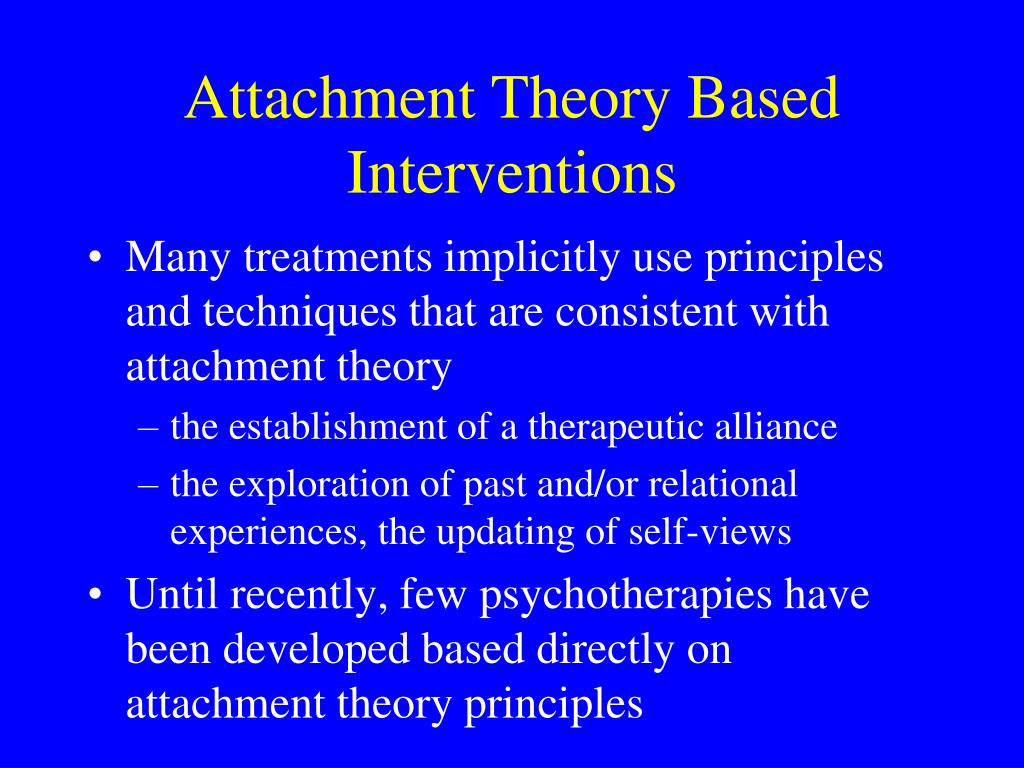
If you are still unsure if this therapy is the right choice for you, it can be helpful to hear from experts. Many different experts have written about this therapy. However, some of the most popular experts include:
- John Bowlby
- Mary Ainsworth
- Eleanor Galenson
Case Study
A case study of attachment-based therapy was recently published in the journal Clinical Psychology Review.
The case study was of a woman who had been diagnosed with borderline personality disorder. The woman had a history of relationships that were marked by insecurity, jealousy, and neediness.
The woman began attachment-based therapy with a therapist who specialized in it. After six months of therapy, the woman’s symptoms had improved significantly.
Resources
If you have an interest in learning more about this therapy; there are a few resources that you can check out. For instance:
- The Association for the Treatment of Attachment Disordered Children and Adults (ATTACh): It has a website that includes information on attachment-based therapy. The website includes a directory of therapists who specialize in attachment-based therapy.
- The British Association for Counselling and Psychotherapy (BACP): Also has a website that includes information on attachment-based therapy.
Conclusion
Attachment-based therapy is a treatment that can be helpful for people who have problems with their relationships or communication. So, if you have an interest in trying this therapy, it is important to find a therapist who specializes in it. Moreover, many different experts have written about this therapy, and there are resources available online.
A Word From Therapy Mantra
Your mental health — Your psychological, emotional, and social well-being — has an impact on every aspect of your life. Positive mental health essentially allows you to effectively deal with life’s everyday challenges.
At TherapyMantra, we have a team of therapists who provide affordable online therapy to assist you with issues such as depression, anxiety, stress, workplace Issues, addiction, relationship, OCD, LGBTQ, and PTSD. You can book a free therapy or download our free Android or iOS app.
